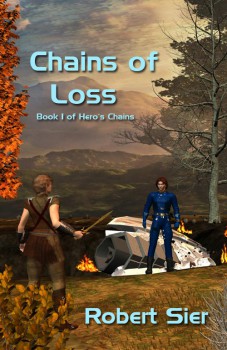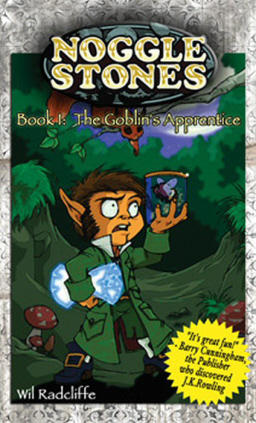Self-published Book Review: Broken Shell Island by Dalya Moon
I don’t make much effort to make these reviews spoiler-free, but I think this one may have more spoilers than usual. So be warned.
All Opal Button wanted for her birthday was a bike. Instead, her grandfather gave her his old suitcase and a one-way trip to live with his sister on Broken Shell Island. Opal had always assumed that the island was imaginary, as it was the setting of a series of children’s books written by her grandfather’s friend, Flora Fritz. On what real island could goats talk and could real stairs and doorways be drawn with chalk? It sure seems real enough when she arrives by magic suitcase, though.
She’s not the only one arriving at the island that day. The local taxman’s mail-order bride is also supposed to be coming, thus setting up what promises to be an amusing tale of mistaken identity, at least until the body of the murdered fiancée is found. But Broken Shell Island doesn’t turn into a murder mystery either (although the mystery of who killed Svetlana is an important part of the story).
At heart, Broken Shell Island is a coming of age story for Opal. It even includes a heroic quest. Of course, the original quest–to fetch bluebeeswax to polish her great aunt’s floor–gets sidetracked when her guide, a boy her age named Peter, is blinded by a snakebite. Then they’re thrown even further off course by the appearance of a daemon, a creature of the underworld summoned by the use of dark magic. This leads directly to a visit to the witches of West Shore, who aren’t really happy to see them. The witches aren’t evil (mostly), and some of them were friendly to Opal near the beginning of the book, but they do have some dark secrets, one of which sends Opal back to the beginning to try it all again. No, there’s no time loop, but Opal does end up pretty much retracing her steps, this time sans Peter, but with the help of the sheriff and the taxman, Edwin, until she manages to return to the West Shore and try again. One would think this redo would be annoying, but it actually works out fairly well. First, because the author picks up the pace and gets through the sites much more quickly, and second, because things have changed since the first time Opal visited, and more is revealed with each place revisited.





